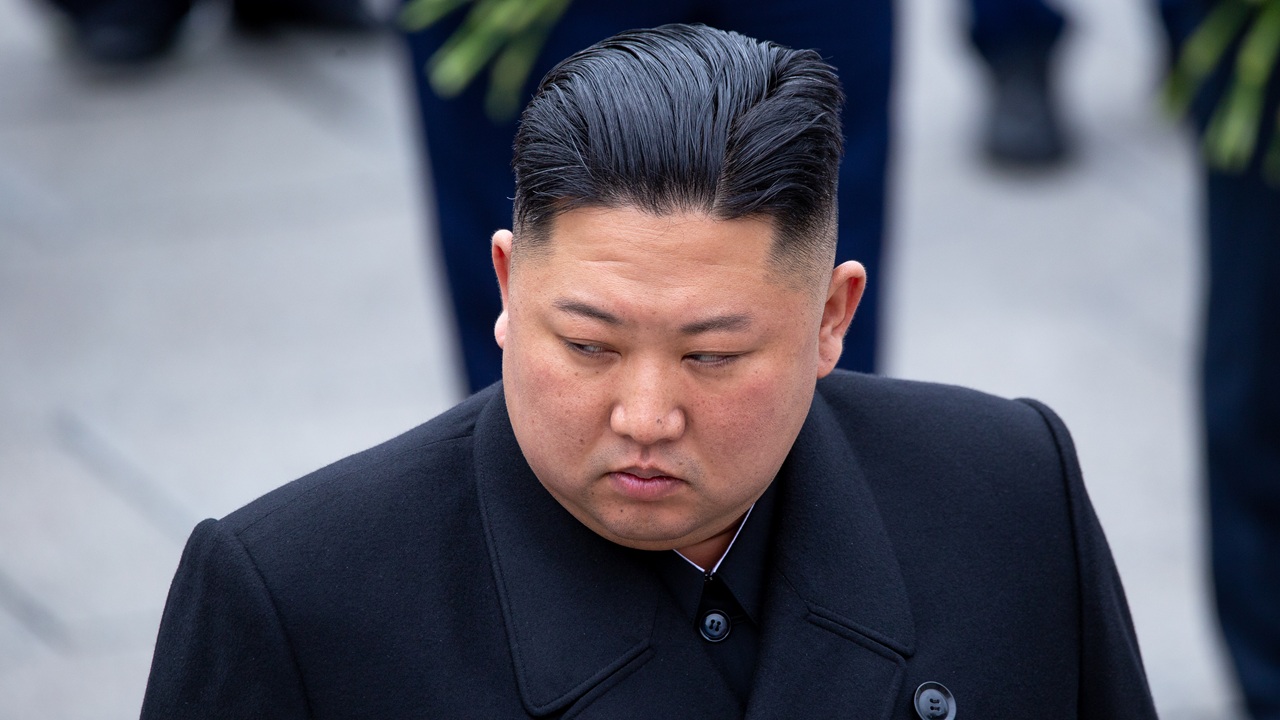
These Three Countries Are Backing Russia’s War in Ukraine
Although Russia would like people to think that it is fighting alone in Ukraine, the Russian military relies on foreign military aid to a far greater degree than is usually acknowledged.
The security assistance Ukraine has been receiving from the United States and scores of other countries in Europe and across the globe has often made the front pages. The Ukrainian military, after all, has relied on that security assistance to first stop and then push back the Russian forces.
But what about the military aid Russia has been receiving from third parties? Though Vladimir Putin and the Kremlin would prefer to play such assistance down, the Russian military has nonetheless received a litany of support, both lethal and non-lethal, from several countries supporting the Kremlin and broadly antagonistic to the U.S.-led world order.
Russia’s Help from Iran, North Korea, and China
“Further complicating the global security environment and threatening the United States are Russia’s deepening strategic partnerships with our adversaries,” U.S. Army General Christopher Cavoli, the commander of the U.S. European Command (EUCOM) and the Supreme Allied Commander of NATO (SACEUR), told lawmakers in recent statements about the security situation in Russia and Europe.
“Russia’s increasing collusion with the CCP [Chinese Communist Party], the DPRK [North Korea], and Iran serves as a force multiplier for Moscow’s geopolitical goals,” Gen. Cavoli added to the Senate Armed Services Committee.
Iran was the first major foreign country to come to the support of Russia with weapon systems and munitions. (Although Belarus directly aided Russia during its invasion of Ukraine in February 2022, it is so closely tied to Russia politically and militarily that its independence is specious.)
Following Russia’s international isolation, Iran saw an opportunity: in exchange for money and international support, it provided the Russian forces with weapon systems and munitions. Specifically, Tehran sent Russia thousands of “Shahed-136” suicide drones, as well as trainers to aid Russian forces in using them. Since then, the Russian military has been relying on Iranian drones to strike military, civilian, and energy targets in Ukraine. The Shahed-136 drone is particularly deadly and frequently used by the Russian forces. Tehran has also sent Moscow hundreds of close range ballistic missiles (CRBMs).
North Korea has been another major supporter of Russia’s “special military operation” in Ukraine. The pariah state began by providing artillery munitions and combat armored vehicles to the Russian military. More recently, Pyongyang escalated its security aid to Moscow by committing troops. Starting in the fall of 2024, North Korea sent approximately 11,000 troops to fight alongside the Russian forces inside Russia’s Kursk Oblast, where Ukraine launched a small incursion. These troops suffered heavy losses by the end of the year and were withdrawn from the line of contact, but were later reintroduced to the front following reinforcements from Pyongyang.
Finally, China has been far stealthier in its support for Russia than Iran and North Korea. In many ways, Beijing keeps Russia relevant on the international stage. The two countries enjoy a “no limits” flexible partnership—particularly in industry, while military cooperation between the two militaries also grows.
“In the past year, Russia and the CCP conducted two combined bomber patrols—from Russia—one over the Bering Sea and another over the Sea of Japan. These patrols marked the first time Chinese bombers departed from the same airbase with Russian bombers, the first time Chinese bombers entered the Alaskan Air Defense Identification Zone, and the first time Chinese nuclear-capable H-6N bombers took part in a combined patrol,” Cavoli observed.
In short, although Russia would like people to think that it is fighting alone in Ukraine, the Russian military relies on foreign military aid to a far greater degree than is usually acknowledged.
About the Author: Stavros Atlamazoglou
Stavros Atlamazoglou is a seasoned defense journalist specializing in special operations and a Hellenic Army veteran (national service with the 575th Marine Battalion and Army HQ). He holds a BA from the Johns Hopkins University and an MA from the Johns Hopkins’ School of Advanced International Studies (SAIS). His work has been featured in Business Insider, Sandboxx, and SOFREP.
Image: Shutterstock / Alexander Khitrov.